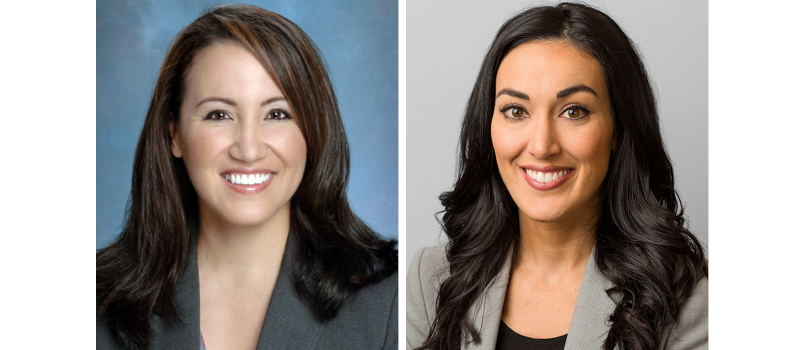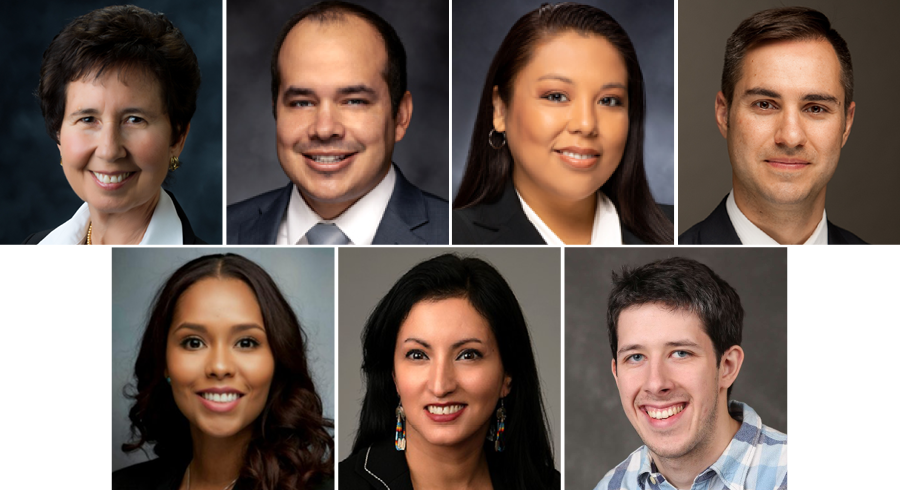GAO is hiring a senior analyst to work with the Natural Resource and Environment (NRE) team responsible for leading and coordinating the agency’s assessments of federal efforts to provide services to Tribes and their members. The primary purpose of the position is to serve as an individual contributor to the engagement team by performing the full range of analyst duties needed to respond to requests from congressional committees, subcommittees, and those mandated by public laws and committee reports. The application for this position is now live on USAJobs and will close on 9/10/21.
Application open to everyone: USAJOBS – Job Announcement GAO-21-NRE-0347-02-DE
Application for current federal employees with status in the competitive service and those who are eligible for non-competitive appointments: USAJOBS – Job Announcement GAO-21-NRE-0347-02-MP
Interested applicants can send any questions to Tammy Conquest (ConquestT@gao.gov) or Michelle Wong (WongM@gao.gov).


